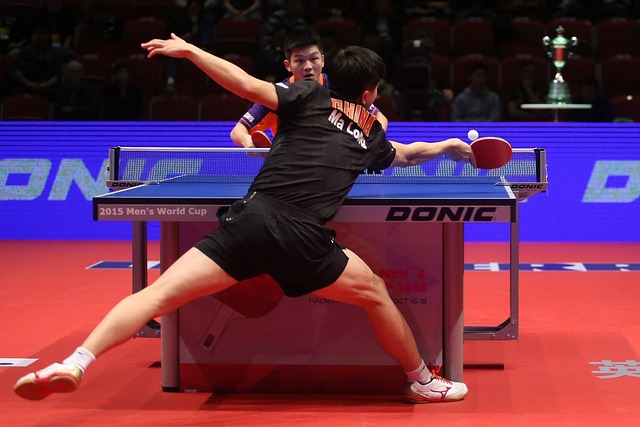The relative importance of ability and luck in gambling and other fields is a topic of constant discussion. This is a major topic of conversation, especially while playing games like poker. Talent and luck combine to produce an engaging and frequently surprising experience. It is worthwhile to look more closely at the topic of whether skill or luck plays a bigger role in these kinds of games. It’s also worthwhile to consider the prospect of making a living solely from skill-based gambling.
Unlike completely luck-based games like roulette or slot machines, poker needs a good deal of skill. The game’s rules must be understood by all players. Also, they need to be able to read their opponents. They require an acute awareness of time. They also need to be strategically astute to decide based on insufficient knowledge. These abilities may be refined with time and practice, suggesting that poker is primarily a skill-based game. But luck is a factor that can’t be completely ignored. The distribution of the cards is arbitrary. A new player with a better hand can defeat even an experienced player.
Expert gamblers, particularly those who specialize in poker, are living examples of how talent is essential to long-term success. Professionals use strict bankroll management to minimize luck. They play strategically and are lifelong learners. They realize that although luck may play a major role in any individual session, with consistent skillful play the odds can be stacked in their favor. This method distinguishes between professional and recreational gaming. In recreational gambling, the main tactic is frequently to rely on luck.

The emergence of online gambling platforms, like those accessible through a Bizzo Casino login, has further complicated the skill versus luck debate. A vast array of games are available on internet platforms. While some depend only on luck, others need for talent. Because internet gambling is so accessible, players may train more often and against a wider range of opponents, which could lead to a greater emphasis on skill in games that are often more luck-based.
Still, it begs the question: Is it possible for someone to become a professional gambler just by skill? The response is complex. It is feasible to gamble professionally in games like poker or sports betting where ability can affect the outcome. But this calls for a certain amount of commitment, critical thinking, and emotional restraint. This is more than what the average gambler would be prepared to do. Professional gamblers also need to be conscious of the variation that comes with gambling all the time. A string of defeats does not always indicate a lack of ability. A string of victories does not ensure a long-lasting career, either.
In summary, luck is a significant factor in gaming. But the distinguishing element that can transform gambling from a hobby into a career is skill. Long-term success in gambling can be attained by competent players who practice consistently, think intelligently, and have strong emotional boundaries. They can defeat the unpredictability that is a part of the game. Gambling is an especially difficult and rewarding activity because it combines skill and luck. The road is difficult but not insurmountable for those hoping to make a living solely from skill. It calls for a dedication to excellence and ongoing education.


